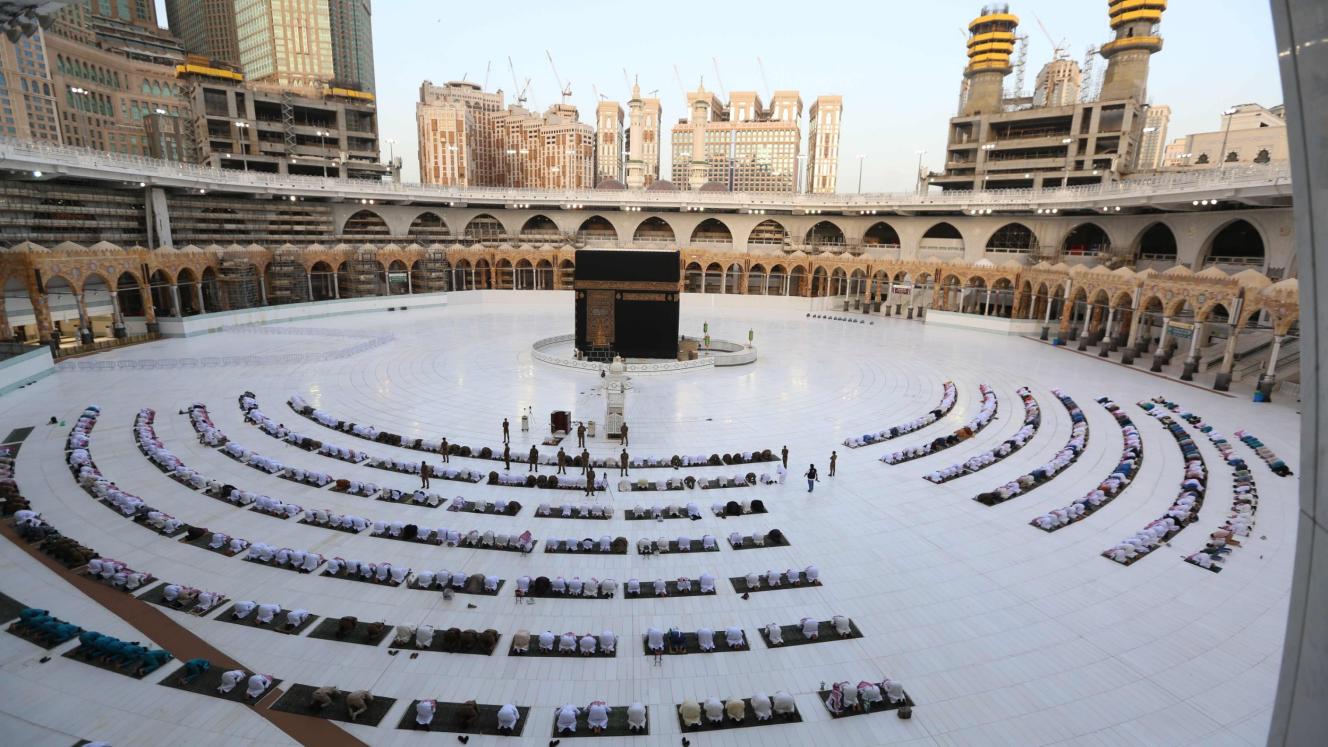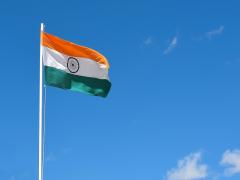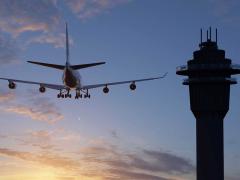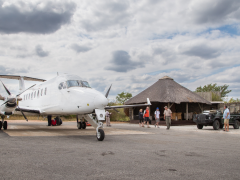This article has been updated since originally published.
Demand for multi-destination religious pilgrimages to holy sites in Saudi Arabia, Jordan and Israel remain high, despite conflict in the Middle East.
This is according to Sedick Steenkamp, Director of Al Safir Tourism and Chairman of the South African Muslim Travel Operators Association. He explains that while travellers are concerned about the impact of the conflict, they remain dedicated to attending their religious pilgrimages, including Hajj and Umrah.
Hajj is ending around July 10, says Steenkamp, and South African travellers are gradually starting to embark on Umrah pilgrimages now.
Travel anxiety
“We now have this ceasefire deal that has made people a little bit calmer, but people are worried about the tensions and what effect it might have on flight schedules.”
Steenkamp explains that pilgrimage specialists are aware of how volatile the situation in the Middle East is and prepare their clients for disruptions they may encounter, especially on multiple-destination itineraries.
“We make them aware that in terms of going direct to Saudi Arabia for Umrah, there are currently no issues and the planning will go ahead with no cancellations. But for itineraries that make a stop in Jerusalem for Masjid al-Aqsa, there are some cancellations.”
While the temporary airspace closure in Qatar did require agents to sit down with clients to amend immediate flights and itineraries, Steenkamp says Israel pilgrimage itineraries face much bigger challenges and more cancellations, due to the extended airspace closure.
“People do feel a little bit anxious in terms of future travel but we are trying not to cancel anything at this stage. We have said that we will deal with the situation when it arrives. Like right now, for example, we will divert people because of the current situation. But we don't know what's going to happen next month or during the rest of the year,” says Steenkamp.
Sustained demand
“I think this uncertainty has been going on for almost two years now. It's always at the back of our minds. However, more and more people want to go on pilgrimages so we're not really seeing a downturn in people travelling to Jerusalem and for Umrah from there.”
He explains that, due to the high demand, specialists are struggling to get affordable seats for their clients, especially during peak travel periods such as December, and are discouraging cancelling flights prematurely.
“We are telling clients that if they cancel their flights now, due to the conflict, and come back at a later stage, they are going to pay significantly more, because reasonably priced seats are already hard to come by.”
Additionally, because of what happened in Qatar, he warns that there could be a knock-on effect on Qatar Airways flight prices. Access to other religious destinations which are often included in multi-destination Umrah itineraries such as Amman, Jordan, are also becoming more expensive because of limited flight connection options.
“The people are very resilient and it does help that they often make these plans far in advance,” says Steenkamp.













